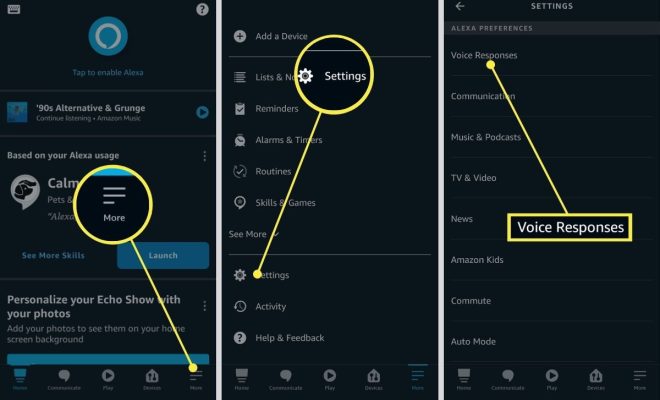How to Qualify for Government Grants

Are you interested in attaining financial assistance through government grants? You’re not alone. Thousands of individuals and organizations benefit from these funding opportunities each year. However, you’ll need to understand the process of qualifying for government grants to take advantage of this resource. In this article, we’ll outline the steps and criteria you should consider for a successful grant application.
1.Determine your eligibility:
The first step in qualifying for a government grant is determining your eligibility. Different grants cater to unique demographics such as students, businesses, nonprofits, researchers, or individuals facing financial hardship. Carefully research which category suits your needs best and identify specific grants tailored to your situation.
2.Research available grants:
There’s a wide array of grants available at federal, state, and local levels that might cater to specific industries or regions. Explore various government websites like www.grants.gov (for federal funding), state government portals, and local agencies’ websites that list funding opportunities.
3.Read the requirements carefully:
Each grant has its own set of requirements and qualifications. For example, some grants might have income restrictions or require specific demographic qualifications such as age or disability status. Make sure to read all requirements carefully before applying; if you don’t meet them, you won’t qualify for the grant regardless of how well-prepared your proposal is.
4.Prepare a solid proposal:
Most grant applications require a well-crafted proposal detailing how you plan to use the funds in alignment with the grant’s objectives. Provide clear objectives, attainable goals, measurable outcomes, and a detailed budget breakdown to increase your chances of approval. Make sure you tailor each proposal to the individual grant and funders’ guidelines.
5.Gather supporting documentation:
Most grant applications need relevant documentation to support your claim for eligibility and need. Collect tax returns, bank statements, business plans (if applicable), personal statements outlining financial difficulties (if relevant), and any other required documentation. Keep digital and physical copies of everything you submit.
6.Submit your application on time:
Deadlines are crucial when applying for government grants. In many cases, applications submitted even after the closing date are deemed ineligible. Ensure you carefully track and meet all deadlines related to your grant application, including registering an account on the grant platform if required.
7.Follow application guidelines:
Different grants have unique application submission guidelines. These may include online or offline submissions, specific formatting requests, or other requirements. Adhering to these guidelines demonstrates your professionalism and increases your chances of a successful application.
8.Seek professional assistance:
If you’re unsure about any aspect of the grant application process, consider seeking guidance from a professional grant writer (for proposal preparation) or a financial advisor (for the financial aspect). They may offer valuable expertise to help you create a polished proposal.
9.Be prepared for a waiting period:
Once you’ve submitted your grant application, be prepared to wait for feedback from the funding body. This process can take weeks to months due to the high volume of applications that funders receive.
By following these steps, you’ll increase the likelihood of qualifying for government grants that cater to your needs or financial situation. Though the process can be lengthy and require diligence, it’s worth exploring every avenue for potential assistance. Good luck with your grant search!






